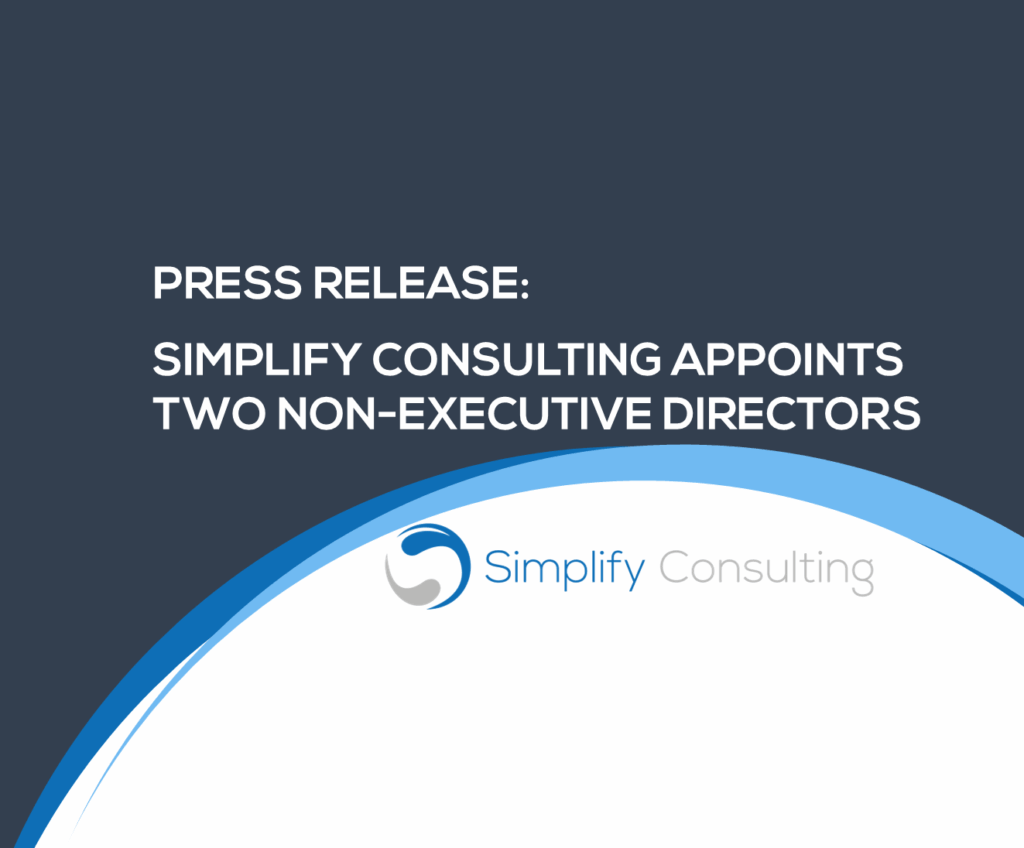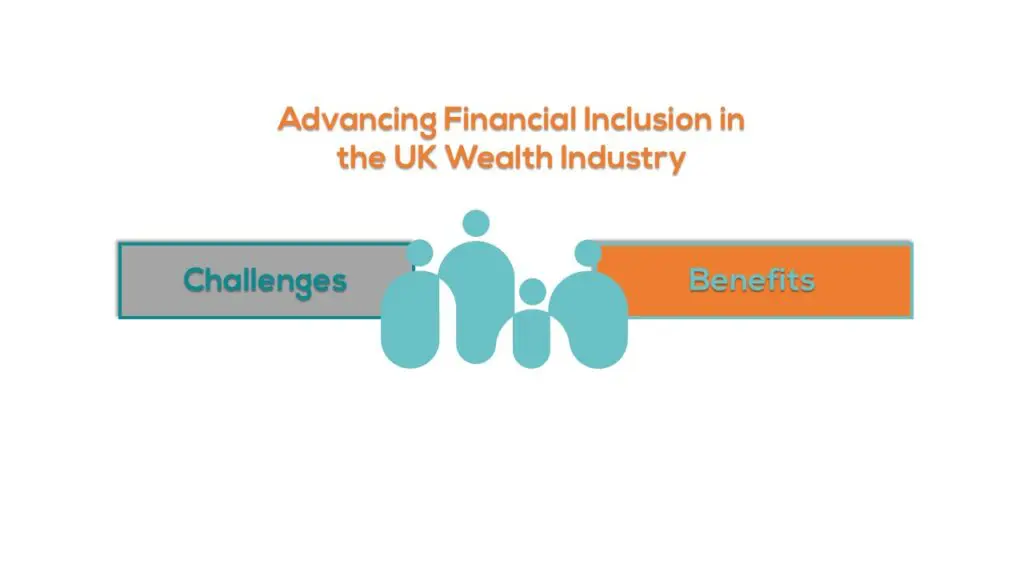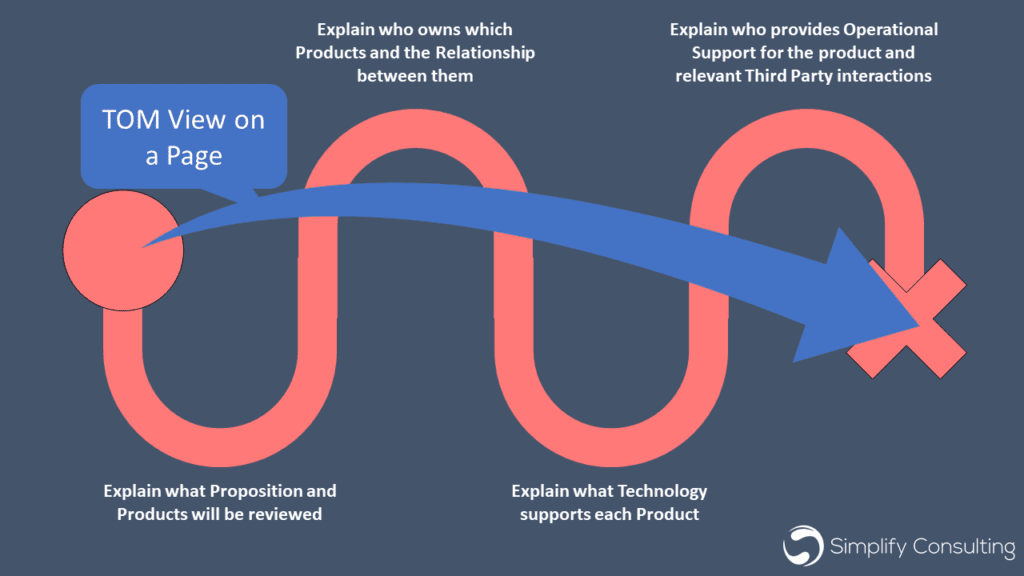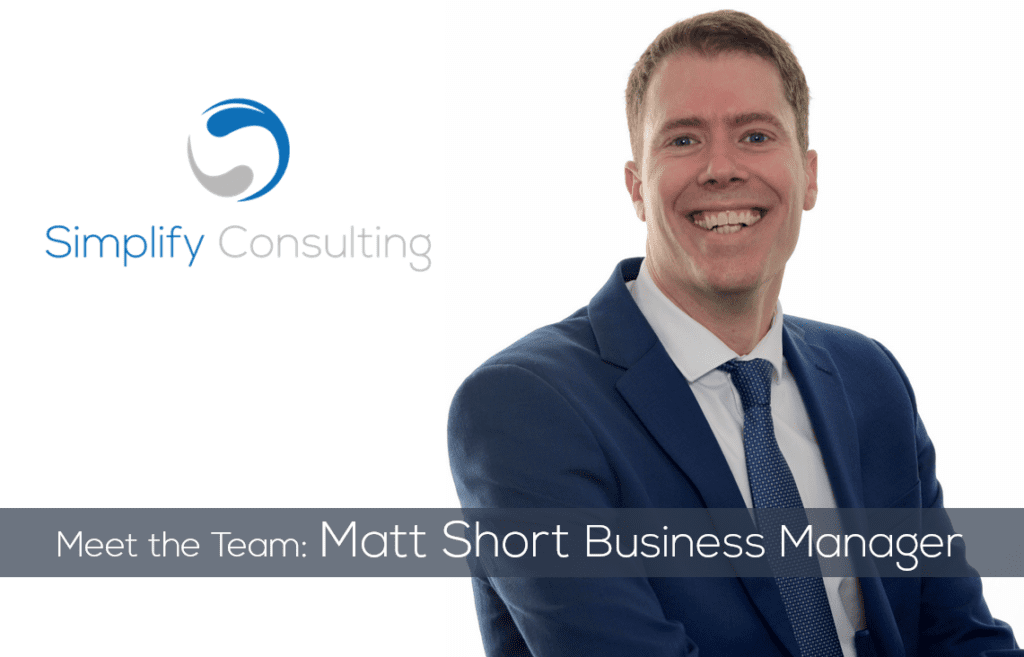There has been a rise of a new intermediary between financial institutions and its consumers because social media has entered the chat.
The rise of the ‘finfluencer’
A growing number of young investors are turning to financial influencers, or ‘finfluencers’ on social media platforms such as YouTube, TikTok and Instagram for investment information and advice. There’s obviously a need for accessible financial guidance and a gap in financial literacy among young people needs to be filled. TikTok alone with its community of millions has seen a 373% rise in video posts for financial content in the last year.1
With a lack of education in schools, Gen Zers are being forced to learn about money on their own. The Financial Services industry voluntarily deliver financial education to millions across the country but UK Finance (representing 300 firms) estimate that it only reaches 40% of school children.2
In a recent survey of over 2,500 UK consumers 25% of 18–24-year-old banking customers used social media for financial guidance with one in five (20%) of this age group having invested money based on social media recommendations.3 It’s the first period of economic uncertainty for the younger generations and they are turning to influencers to weather them through.
So why is it so appealing?
Financial anxiety is high among these groups, making them deeply invested in their personal finances and they are turning to the comfort and familiarity of social media for financial guidance. Financial tips are provided in an accessible way, using simplified financial terms, with terminology and examples that relate to pop culture.
Social media has been exposing a larger, younger and less educated audience to often unvetted personal finance advice. People’s naivety and vulnerability can be preyed upon. Influencers make their money in different ways and often receive money for endorsing products taking away objective advice and it’s not clear if they are promoting better financial habits or a cash rich luxurious lifestyle. There are influencers who are regular people with no background in finance let alone accredited by a regulated firm resulting in surges of self-directed investing following questionable advice.
The problem with advice
Easy access and over simplified guidance and advice is the norm through these attention economy platforms. However, this often ignores the complexity and nuance of personalised financial advice and planning and may not come from qualified and reliable sources. To address the issue the Financial Conduct Authority (FCA) finalised their guidance on financial promotions on social media in March 2024, clarifying their expectations of firms and others, such as influencers, particularly with Consumer Duty setting a higher expectation for the standard of care that firms give customers.
While finfluencers can improve financial education, responsible engagement is needed to protect investors and it’s essential for investors to critically evaluate their content. There is a high degree of responsibility on individuals and firms on social media to ensure they are complaint.
But what of the many self-proclaimed money coaches, finance gurus and self-made millionaire finfluencers without the necessary certifications? Anyone can set up a TikTok account or YouTube channel and the FCA do not regulate finfluencers as an entity. Social media platform policies and rules are broad and cover finfluencer activities, but they assume content creators are aware of regional rules and adept at interpreting them.
Whilst the FCA states that the Guidance is not intended to impose new obligations on firms and does not have the same force as the FCA’s rules, there are consequences firms would be well advised to take it into account and follow it.
Case in point, in May 2024, the FCA brought criminal charges against 9 individuals4, some of whom are reality stars from Love Island and The Only Way is Essex, with a combined 4.5 million following on Instagram, for promoting an unauthorised foreign exchange trading scheme on social media. If convicted they could face up to two years imprisonment. Arguably the bigger impact is going to be when the FCA pursues someone for promoting a regulated financial product that they didn’t have the authority to advise on.
Harnessing the new digital order
The social media wild west is the new source of financial information, advice and guidance for Gen Z but can firms truly harness the potential of this new breed of customer and meet their obligations? Finfluencers pose a challenge to the traditional advice industry but also an opportunity to unlock this emerging investor base.
Financial institutions are beginning to create pathways from social media to their product and services, with room to further connect those whose interest has been piqued by social media to more robust financial advice tools. Exchange-traded fund (ETF) company iShares by BlackRock leaned into the platforms relevant to their audiences to capture a new generation of potential millennial and Gen Z investors by landing clear, jargon free messaging with bold headline-driven visuals.5 Whilst other firms barely have a social media presence.
If the FS industry doesn’t adapt quickly to capture these consumers, then the greater danger will be for the, typically young, and at times susceptible and vulnerable audiences who will undoubtedly fall foul of the unscrupulous, unqualified and unvetted finfluencers looking to increase their own earnings. Can advisers and advice firms pivot to provide content that is engaging, relatable and instantly accessible? And can they do it in a way that provides relevant services without bearing all of the costs?
There is a wider responsibility on the social media giants to be more responsible for the content that is being posted but the FCA can’t directly force social media companies to police bad advice. Can the FCA, together with the acquiescence of social media platforms do enough to effectively monitor and police finfluencers? Or is the FCA taking the wrong approach of applying an analogue solution to a digital problem?
And what of the consumers? Without the protection of registered firms and approved advisers, and limited governance from social media companies, many people can be left with large loses and little recourse.

Giang Hughes
Business Support Manager
Let us know how we can help you by getting in touch today using [email protected]
Practitioners, Proportionate, Professional. Simplify Consulting. It’s what we do.
References:
1 – Harnessing FinTok To Drive Business Impact | TikTok for Business Blog | TikTok For Business Blog
2 – Financial Education Report 2024 | Policy and Guidance | UK Finance
3 – Young people turn to social media for financial guidance | Deloitte UK
4 – Court sets dates for ‘finfluencer’ trials | FCA
5 – iShares by BlackRock Social & Content Strategy – The Shorty Awards






































































































































































































































